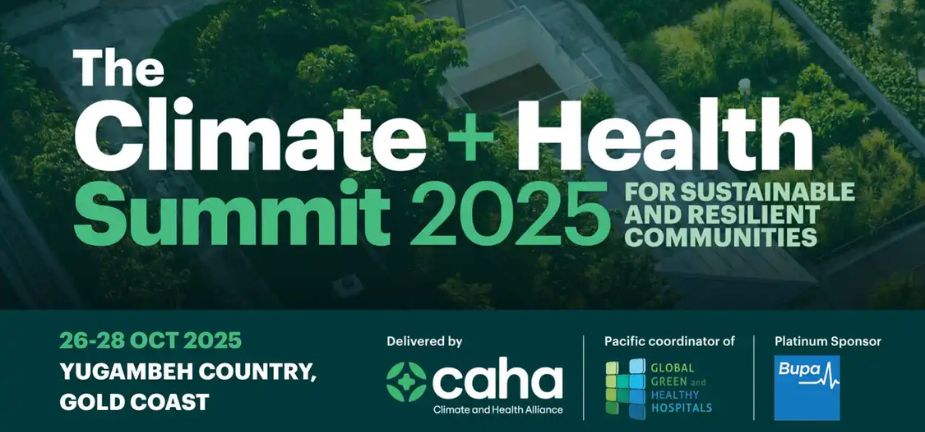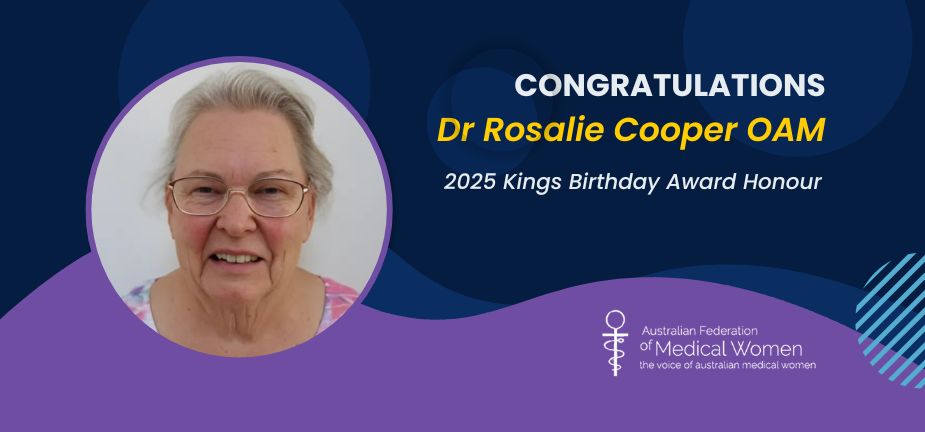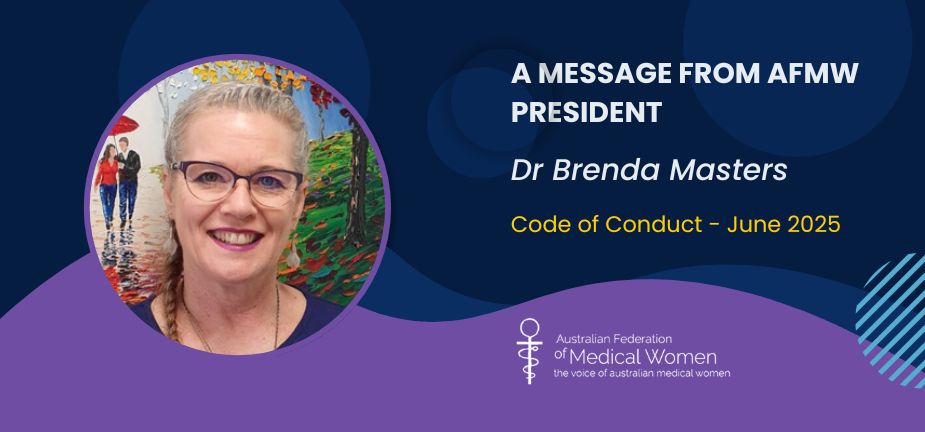Meat alternatives and their role in our diet
Most people see meat-alternatives as healthy because they’re plant-based and because they are marketed as such. It is also a novel food choice. Meat alternatives should play a very small part in an average diet. There is a place for meatless meats – which is for those who don’t find vegetarian meals palatable. However, meatless meats vary in quality in terms of fat, fibre, additives and nutritional value. It is important to make the consumer aware of what they’re eating. Being plant-based is not equal to ‘healthier’ or even ‘healthy’ eating.
Some think that eating a plant-based diet is better for the environment. But is it?
So long as we promote traditional diets which are high in plant based nutrients, require minimal processing and are harvested with respect for the land and its biodiversity, the answer is, yes.
Production of plant based meats and measuring their environmental impact is a complex discussion when you consider clearing of the land that is repurposed from the animal kingdom, to produce palm oil and soy products etc. The danger is this is a growth industry which can easily market itself as ‘healthier’ without being environmentally friendly.
This is not dissimilar to the cost to the environment of clearing land to raise cattle, the time it takes to raise them, the greenhouse gasses the cattle produce in ruminating and digesting their food and the transportation of the end product to the market shelves. Jane Goodall states that there is one good thing we can each do for the environment which is to eat less red meat. For all these reasons Jane Goodall often refers to the Meat Free Monday Movement started by John McCartney and his late wife Linda McCartney, who was a vegetarian and environmental activist. Overall, there is no repurposing of land involved, harvesting crops costs less in terms of land and water, but not all plants are equal. Traditional diets are predominantly plant based and minimally processed. They cost less to harvest and grow. Meatless meats are highly processed and this cost to the environment is hidden.
Advising patients who want to care for the planet and their bodies
My advice to people who want to care for the environment and their health is to stick to a traditional diet. There is much research which highlights the benefits that can be gained from encouraging people to stick to a Mediterranean diet. In summary, this is high in leafy greens, olive oil, a preference for fish (such as sardines which have not been in the ocean for long periods and do not contain high levels of mercury), to red meat and other meats, whole grains mostly (with the exception of occasional meals), use a variety of herbs and spices ( oregano is common in Greek dishes), consume red meat only occasionally and eat other meats in smaller proportions also. Avoid processed meats such as salami, sausage and cold meats from the delicatessen and try to grow your own vegetables in your own pots, balconies and back yards. There is much evidence to support that gardening has been shown to improve mental health. Norman Swann has even published a book around the longer healthier lives Greek immigrants enjoy in Australia with due to their backyard vegetables gardens!
Some foods have hidden sugars – partly for flavour and partly to preserve them.
Encourage your patients to think about the sugar content in processed food and in what they select to eat. Sugar is primarily used to make food more palatable and for preserving purposes. By now, we should all have seen ’That Sugar Film’. I often recommend this to my patients.
Some further reading:
RACGP – Meat alternatives might not be so healthy
(photo credit – newsGP)
Associate Professor Magdalena Simonis
RACGP Expert Committee for Quality Care
Associate Professor with the Department of General Practice, University of Melbourne
Associate Professor Magdalena Simonis AM is a Past President of the AFMW (2020-2023), former President of VMWS (2013 & 2017-2020) and current AFMW National Coordinator (2024-2026). She is a full time clinician who also holds positions on several not for profit organisations, driven by her passion for bridging gaps across the health sector. She is a leading women’s health expert, keynote speaker, climate change and gender equity advocate and government advisor. Magda is member of The Australian Health Team contributing monthly articles.
Magdalena was awarded a lifetime membership of the RACGP for her contributions which include past chair of Women in General Practice, longstanding contribution to the RACGP Expert Committee Quality Care, the RACGP eHealth Expert Committee. She is regularly invited to comment on primary care research though mainstream and medical media and contributes articles on various health issues through newsGP and other publications.
Magdalena has represented the RACGP at senate enquiries and has worked on several National Health Framework reviews. She is author of the RACGP Guide on Female Genital Cosmetic Surgery and co-reviewer of the RACGP Red Book Women’s Health Chapter, and reviewer of the RACGP White book
Both an RACGP examiner and University examiner, she undertakes general practice research and is a GP Educator with the Safer Families Centre of Research Excellence, which develops education tools to assist the primary care sector identify, respond to and manage family violence . Roles outside of RACGP include the Strategy and Policy Committee for Breast Cancer Network Australia, Board Director of the Melbourne University Teaching Health Clinics and the elected GP representative to the AMA Federal Council. In 2022. she was award the AMA (Vic) Patrick Pritzwald-Steggman Award 2022, which celebrates a doctor who has made an exceptional contribution to the wellbeing of their colleagues and the community and was listed as Women’s Agenda 2022 finalist for Emerging Leader in Health.
Magdalena has presented at the United Nations as part of the Australian Assembly and was appointed the Australian representative to the World Health Organisation, World Assembly on COVID 19, by the Medical Women’s International Association (MWIA) in 2021. In 2023, A/Professor Simonis was included on the King’s COVID-19 Champion’s list and was also awarded a Member (AM) in the General Division for significant service to medicine through a range of roles and to women’s health.










